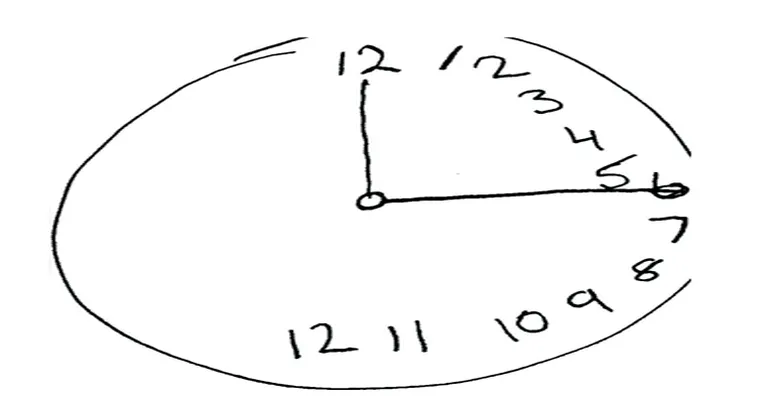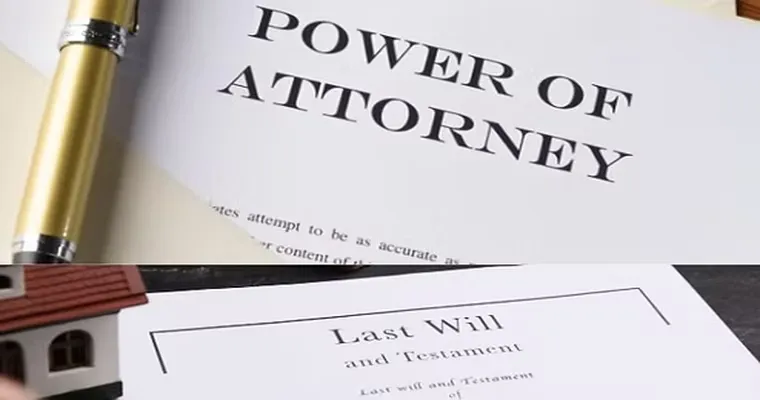Navigating the complexities of "Durable Power of Attorney (POA)" and guardianship can be challenging, especially when dealing with a loved one experiencing "moderate dementia". If you have held a "Durable POA for your mom since 2017" and named a "Designated Guardian if incapacitated", you may be wondering about her current status regarding incapacity. Understanding how dementia affects legal and medical decision-making is crucial for ensuring the right support is in place.
To determine whether your mom is considered incapacitated, it is essential to understand the definitions and implications of both "Durable POA" and guardianship. A Durable POA allows you to make financial and healthcare decisions on behalf of your mom when she is unable to do so herself. The term "incapacitated" generally refers to the inability to make informed decisions due to mental or physical conditions. In the case of dementia, especially moderate dementia, this can often mean that the individual may struggle with memory, reasoning, and judgment.
Moderate dementia can significantly impair an individual’s ability to understand information and make informed decisions. If your mom has been diagnosed with moderate dementia, it is likely that she meets the criteria for being considered incapacitated. However, the determination of incapacity is not solely based on the diagnosis; it also involves an assessment of her specific cognitive abilities and the impact on her daily life.
To clarify her status, it may be beneficial to seek a formal evaluation from a medical professional. This evaluation can provide documentation and evidence of her cognitive state, which can be critical in legal situations, especially if any decisions need to be made regarding her care or finances. Additionally, consulting with an attorney who specializes in elder law can help clarify your rights and responsibilities as her agent under the Durable POA.
As her Durable POA, your role is to act in her best interests, and understanding her current condition is vital to fulfilling that responsibility. If she is deemed incapacitated, the "Designated Guardian" you have chosen may need to step in to make decisions that align with her needs and preferences. This can include making choices about her living arrangements, medical care, and overall well-being.
In summary, if your mom has moderate dementia, it is essential to recognize that she may be considered incapacitated, which would activate the provisions of the Durable POA and the Designated Guardian. Regular communication with healthcare providers, legal advisors, and family members will help ensure that her needs are met and her rights are protected as her condition evolves.
By remaining informed and proactive, you can provide the best possible care for your mom while navigating the legal frameworks in place for her protection.





